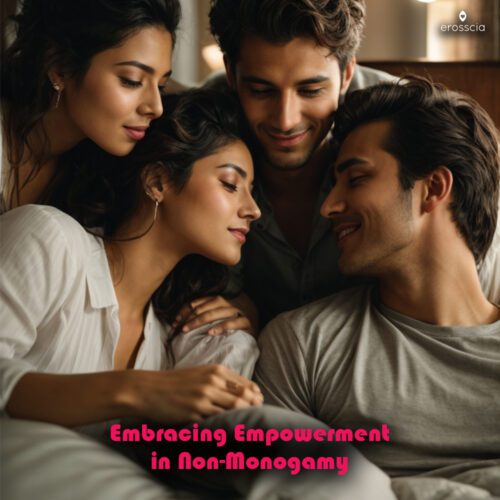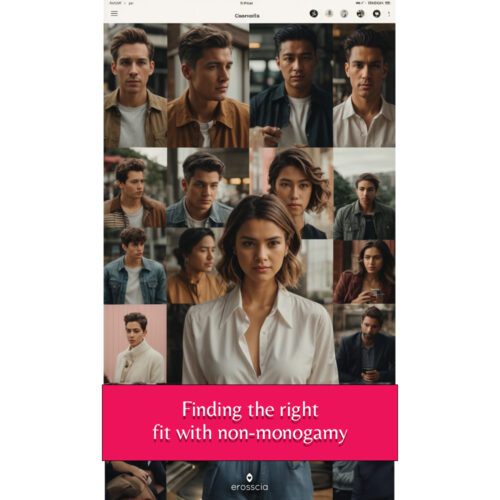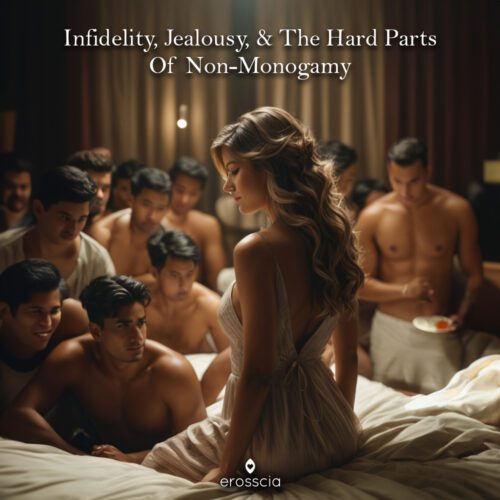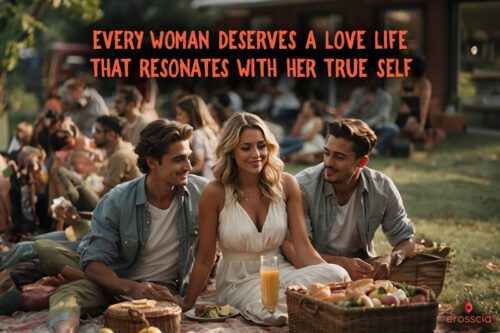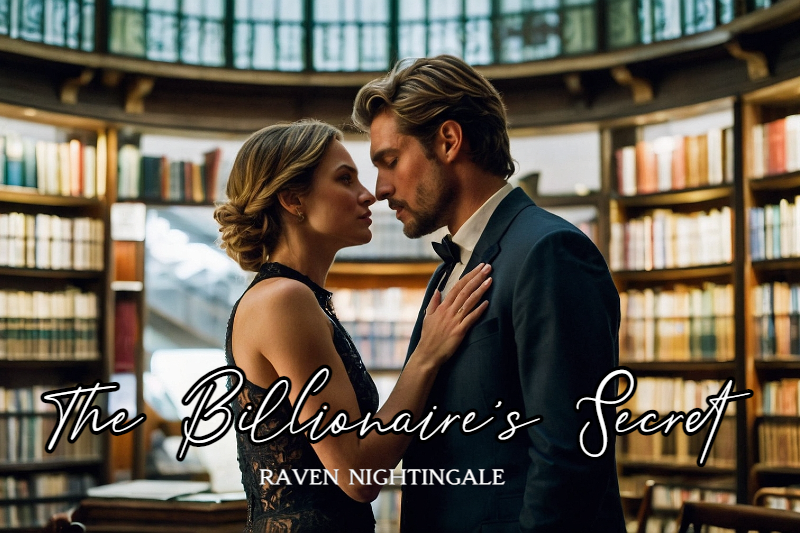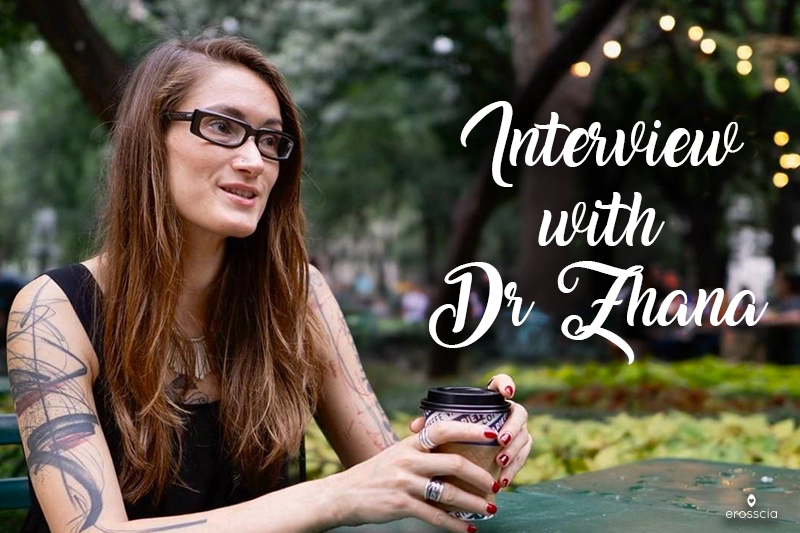
Answering Your Questions About Non-Monogamy, Polyamory, & Open Relationships – Interview With Dr. Zhana Vrangalova
Society tells us that we must find “the one,” get married, and have children; all while remaining sexually and emotionally faithful to them. There is nothing inherently wrong with this, but because it is thrust upon us as the only option, many can end up unfulfilled in relationships and even create an environment where infidelity flourishes.
Most people have heard of some type of non-monogamy before; polyamory, swinging, or open relationships. However, there is much more to non-monogamy, and it often is placed in stigmatized contexts to further discourage and alienate non-monogamy as an option. While certain forms of non-monogamy are becoming more acceptable and visible, it is still largely not acceptable within a broader context.
We reached out to Dr. Zhana Vrangalova, a sex and relationship Scientist, Researcher, Consultant, and Professor of Human Sexuality at New York University, to answer our non-monogamy questions. She is an expert in everything monogamy and non-monogamy. Through her Open Smarter course, Dr. Zhana has helped thousands of people live their lives and find relationships in a way that is fulfilling, exploratory, and meets their needs.
What Is Non-Monogamy?
Non-monogamy is an umbrella term for several relationship structures in which more than two people participate in the sexual or romantic aspects of the relationship, either temporarily or long term. This does not have to directly oppose monogamy though and several non-monogamous people may appear monogamous in day-to-day life.
Non-monogamy can take several forms and–when done correctly–can help all parties involved feel satisfied and fulfilled. Now, while trying out a form of non-monogamy can be a great way to explore yourself and others, Dr. Zhana cautions that non-monogamy is not for everyone. Some people try it and find monogamy better suits them and that is completely okay.
Types Of Non-Monogamy
Listing all of the forms of non-monogamy likely would require an entirely different blog post. However, in her Open Smarter course, Dr. Zhana focuses on a few broader types of non-monogamy. Practices such as swinging or casual sex may fall under one or more of these categories but are not categories themselves.
Also, before discussing a few forms of non-monogamy, it should be noted what non-monogamy is not. Most notably, ethical non-monogamy is not infidelity. In a consensually non-monogamous relationship, all parties have consented to the arrangement (with possibly the exception of casual sexual partners who will not have a long term place in the relationship).
Polyamory–while a form of non-monogamy–is not the sole type of non-monogamy. In fact, only a small subset of non-monogamous folks are truly polyamorous. Additionally, monogamy and non-monogamy are a spectrum humans may move on throughout their lives. We may find ourselves monogamous and non-monogamous at different points while feeling perfectly satisfied and happy with the arrangement at the time.
A few types of non-monogamy:
- Open Relationship/Marriage: With an open relationship or marriage, there is generally a monogamous relationship first. Then, the couple may choose to open up to other sexual partners together or separately. Sometimes this may include casual sex, swinging, threesomes, or longer term sexual arrangements. Ultimately, it is up to the couple to decide the best option. However, this differs from polyamory in the sense that the main couple is only two people and they tend to be romantically monogamous (but not always).
- Monogamish: This can take on the appearance of an open relationship or marriage. However, it is usually a more private experience that a couple may not be as open about as in other non-monogamy situations.
- Polyamory: Polyamory is often one of the most common relationship types that people think of when they think of non-monogamy. However, according to Dr. Zhana, people who practice polyamory makeup only a small portion of the non-monogamous people. Polyamory has several subtypes, but some common ones include the “triad” or “throuple” which involves three people who are all involved in a romantic and sexual relationship with each other. Additionally, solo polyamory essentially means not having one dedicated partner, but potentially having several more casual relationships. However this area can be a little more gray as many solo polo people have what they consider meaningful relationships.
Question: Does non-monogamy always include sex? Can it simply be having multiple romantic relationships while remaining sexually monogamous?
Answer: Non-monogamy does not have to include sex and may include multiple romantic partners. It is more common for there to be a single romantic partner and multiple sexual partners. But many people develop romantic crushes they never act on while remaining sexually faithful to their partners (and rarely talk about this with their partners). In addition, multiple romantic but non-sexual relationships may work for people who identify as asexual but who may still crave the warmth and closeness that romantic relationships can bring.
Finding the Right Fit
In her Open Smarter course, Dr. Zhana points out the importance of being in the right relationship type. Not everyone is meant to thrive in the same kind of relationship, and making the wrong choice can have negative effects on many aspects of life.
Question: How does your relationship type affect your mental health?
Answer: Hugely. If you’re not happy in your relationship, you’re not healthy and happy in many other aspects of your life. There’s plenty of evidence to suggest that. And one of the most common ways to be unhappy in your relationship is to not be in the right type of relationship for you. Imagine if you’re a non-monogamous person trapped in unwanted monogamy, or a monogamous person dragged into unwanted nonmonogamy. It’s like a gay person being forced to live a straight life, or a straight person forced to live a gay life. It leaves all sorts of marks.
Question: What determines which relationship type is right for you?
Many factors such as your unique psychological make-up, your past relationship experience, current life and relationship stage, values, life circumstances, and even career can all impact what works for a person at any given time. Dr. Zhana breaks all of these down in her course to help you figure out which relationship type is ideal for you right now.
Question: Do you think relationship styles and ethical non-monogamy have a place in high school sex education classes?
Answer: Yes, I think young people should be taught in school what their relationship options are. Having young people understand that there are multiple types of ethical relationships would help them navigate love and sex in a healthier way. It would save them a lot of strife in the future and prevent cheating.
Infidelity, Jealousy, & The Hard Parts Of Non-Monogamy
One of the first concerns of nearly anyone hesitant to try non-monogamy is that they (or their partner) will become too jealous or that it may take an emotional toll on them or the relationship. This is a valid concern. While you may be open-minded, some people will inevitably discover that non-monogamy isn’t right for them. This is—of course—okay, but it can place a relationship in jeopardy.
Question: I have heard people say that any jealousy within a relationship is bad/unhealthy. What do you think and how can you approach jealousy in a healthy way? Are there times when jealousy is unhealthy?
Answer: Jealousy itself is not a problem. We cannot help our feelings of jealousy and it does not inherently mean that a relationship is unhealthy. However, it is important for the jealous party to examine what is causing these feelings and whether it may be connected to feeling insecure in a relationship, feelings of self-worth, or countless other contributing factors. This is a time for self-reflection as well as discussing these feelings as a couple. Setting boundaries and open communication are key in any relationship, but especially in non-monogamy.
In general, Dr. Zhana recommends that people interested in non-monogamy work with a professional at the beginning of their journey. Whether it be alone or as a couple, this can help create a more seamless and enjoyable experience for everyone. Dr. Zhana’s Open Smarter course is a good foundation for understanding non-monogamy, getting started, and breaking down stigmas associated with relationships that do not follow strict monogamy.
Question: Is infidelity still possible in a negotiated non-monogamy relationship?
Answer: Yes, if a partner crosses set boundaries or stipulations previously agreed upon, this may be considered infidelity. At the very least, it may be a form of disrespect or disregard for their partner.
Non-monogamy comes naturally to some. But, others—whether partners of non-monogamous people or simply those wanting to explore more—tend to benefit from having a guide to non-monogamy. Even people in established monogamous relationships who do not plan to become any form of non-monogamous can benefit from learning about non-monogamy and how you can bring it into the bedroom, even in a strictly monogamous relationship.
Open Smarter With Dr. Zhana Vrangalova & Erosscia
Dr. Zhana Vrangalova’s Open Smarter course culminates a decade of scientific research and thirty years of non-monogamy exploration into one course. It allows you to discover your unique psychological needs and learn everything there is to know about non-monogamy, and if it may be right for you. Erosscia supports all types of safe, ethical relationships. Our toys are used by people and couples of all gender identities, sexualities, and relationship orientations (learn more about how to safely use a sex toy with multiple partners).
Erosscia is proud to offer our customers and followers 30% off Dr. Zhana’s Open Smarter course. Instead of the already heavily discounted price of $697, you can use this link or the code “PLEASUREPOD” at checkout to get the entire Open Smarter course for $488.
Happy exploring!
Own the most exciting, inclusive, elegant & ethical sex toy bringing you 🤯 orgasms, available in these colors:

Allore

$49.95
Ceola

$49.95
Okamei

$54.95
Allore & Ceola Bundle

$84.95
Ceola & Okamei Bundle
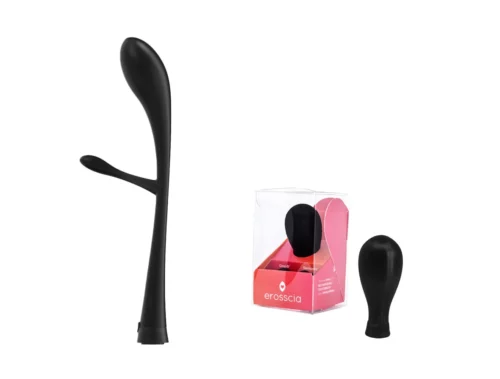
$88.95
Allore & Okamei Bundle
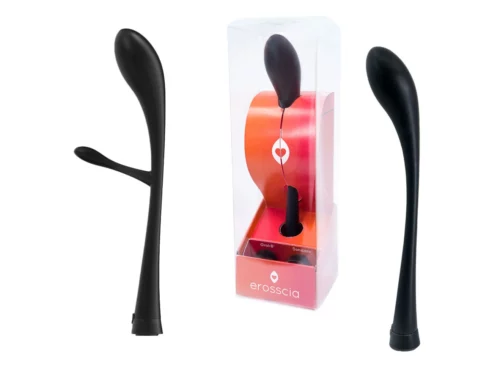
$88.95
Allore, Okamei & Ceola Bundle

$126.95

UNCOVER THE SEXY DEETS!
Start your journey & receive pre-order discounts, special offers, new product announcements and our latest blogs 💞

